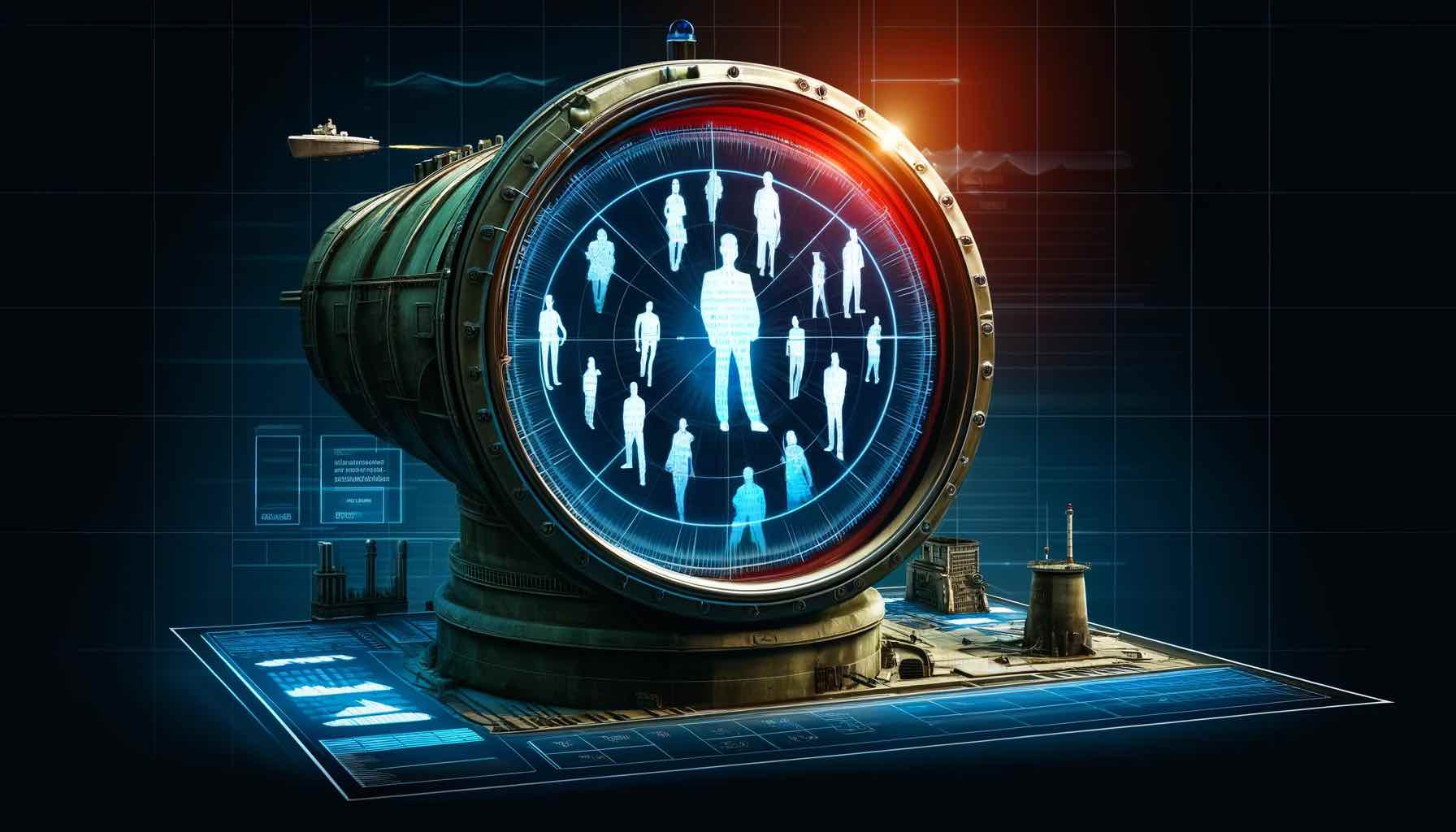Get this:
Whether we realise or admit it or not, we are constantly preoccupied with our position in the social hierarchy.
Here’s why:
Our primordial need for social belonging and acceptance is often coupled with the subconscious fear of being rejected by or expelled from the group and ending up alone.
This can be explained by the fact that in the ancestral environment being part of a group provided many advantages, such as protection from predators and access to resources. Additionally, in the nomadic groups of our ancestors, individuals deemed unworthy or unethical were often expelled and left to die, so identifying with the group and forming strong social bonds was crucial for survival.
Events, behaviours and situations that threaten our status in a given social hierarchy or group can lead to anxiety, stress and depression. On the other hand, feeling valued, worthy, socially accepted and safe reinforces our position as a valued member of the group.
The ‘Status Radar’
Essentially, our brain functions as a ‘status radar’, constantly monitoring our status in comparison to others, which influences the narratives we create about ourselves and others. This internal assessment operates at the very foundation of our brain, far below our conscious thoughts and feelings. The status radar is like a GPS navigational system for our reputation, constantly tracking our position in society and prompting us to calibrate our actions and perceptions.[i]
Examples of the status radar in action:
· A person feels better about herself after hearing about a colleague’s job loss, denigrating the colleague in order to raise her own perceived status.
· A person feels more confident after achieving a promotion at work, which reminds him of his success, thus raising his perceived status relative to his peers.
· A person may feel inferior after seeing a friend’s expensive purchase on social media and calls the friend a show-off in order to reclaim status balance.
· A person may criticise someone caught in an immoral or unethical act in order to feel superior and elevate their own status as being more virtuous.
Our Reputation
It is important to note that our reputation – including our opinions of ourselves as well as others’ opinions of us – is a sensitive issue for many, and admitting to caring about what others think is often seen as weakness.
Our status radar also drives the addictive nature of social media engagement, particularly the number of likes, comments and shares we receive. The higher the engagement, the more validated we feel, and vice versa. In a world where reputation is vital, there is often a temptation to engage in virtue-signalling activities – such as boasting about charitable donations or buying eco-friendly products to appear environmentally conscious – for the purpose of attracting unearned social status, even when our intentions or actions are not genuine.
How about you dear reader? Do you often sense the presence of our ‘status radar’ when interacting with other people?
I would love to hear your thoughts below!
Philippos
PS1: The above text constitutes an extract from my latest book “The MARVEL of Happiness: Principles, Stories and Lessons for Living Fully”. All rights reserved.
PS2: This newsletter has just acquired its 2,000th subscriber, giving my own status radar a slight boost!
[i] For a more technical analysis on the psychological and neurophysiological dimension of the idea that the chemical systems, primarily that of serotonin, in our brain serve to track perceived fluctuations in our status, see the work of Canadian author and psychologist Jordan Peterson.
[ii] Yuval Noah Harari, Sapiens: A Brief History of Humankind (Harper, 2015).


